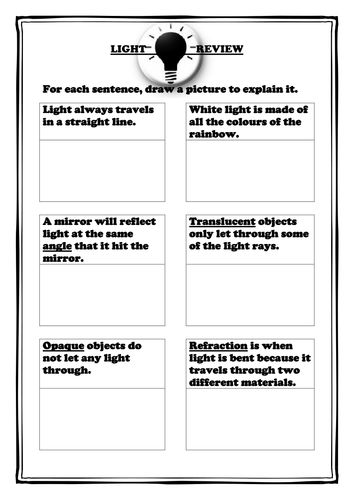Miss D the Teacher
Questioner. Complexity. Futures. Ed Rebel. Learning junkie. #edchatNZ founder. Rethinking Education. Teacher. E-learning. Learning design. Sustainability. Maths, science and biology teacher. Professional learning facilitator. E-learning specialist. Learning junkie and all-round nerd.



